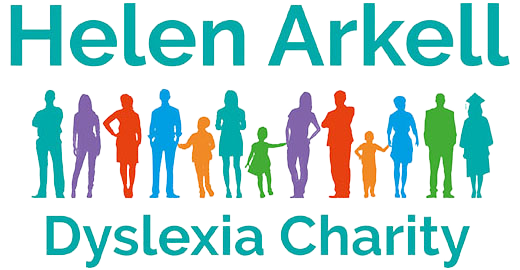
Signs of dyslexia in adults
The following checklist is for adults to consider where they may experience difficulties.
There may be co-occurring difficulties such as dyspraxia or ADHD. Difficulties may differ in different contexts whether study, the workplace, or life in general.
These difficulties do not necessarily confirm the presence of dyslexia, especially if few apply.
Reading
• Inaccuracies, for example misreading instructions
• Poor reading speed
• Poor skimming and scanning
• Having to re-read over and over
• Difficulty in getting the main idea
• Difficulty recalling what has been read
Language
• Verbally may be good; a discrepancy between oral and written skills
• Word retrieval problems
• Difficulty in acquisition of technical words
• Slow to answer questions
• Reluctant to speak or present in public
Writing
• Persistent spelling difficulties
• Difficulty organising and structuring written work such as reports
• Difficulties with form filling
• Difficulty in spotting errors when proof reading
• Problems with legibility and speed of handwriting, and presentation and difficulty with
punctuation
Listening
• Problems with note-taking or taking minutes, unable to listen and write at the same time
• Difficulty in following more than one instruction at a time or taking messages, especially
whilst on the telephone
• Difficulty with concentration and attention
Organisation
• Poor organisational skills, for example problems with timekeeping and meeting deadlines
• Problems knowing how long a piece of work is going to take
General
• Difficulties with memory
• Often better at practical activities with reduced reading and writing
• Not understanding why certain activities are more difficult than others
• Low self-esteem, leading to a loss of motivation at work or study




